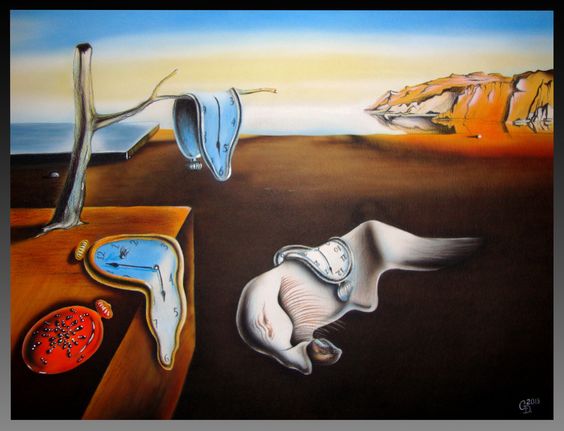
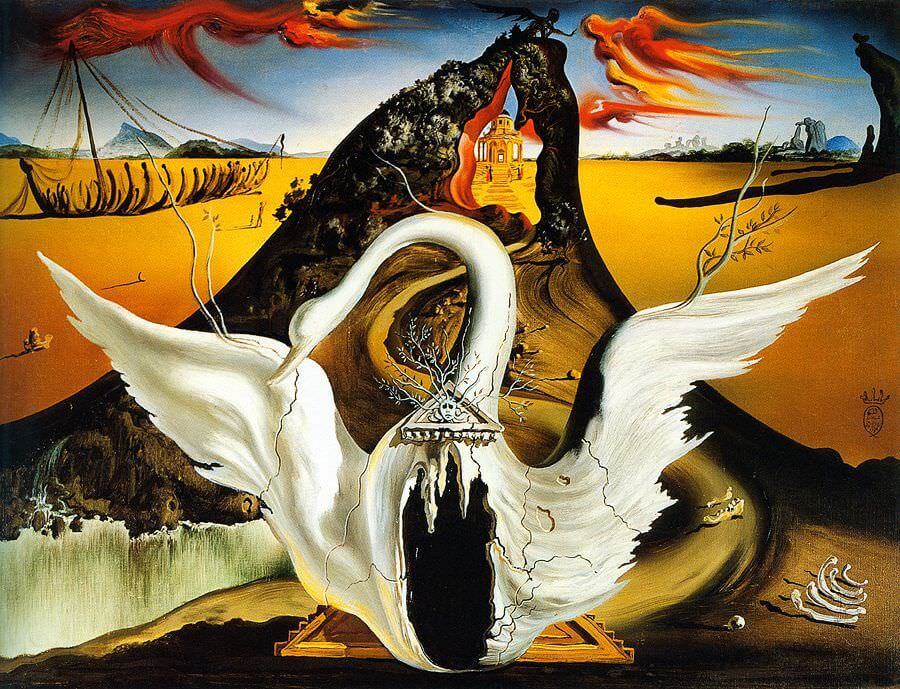
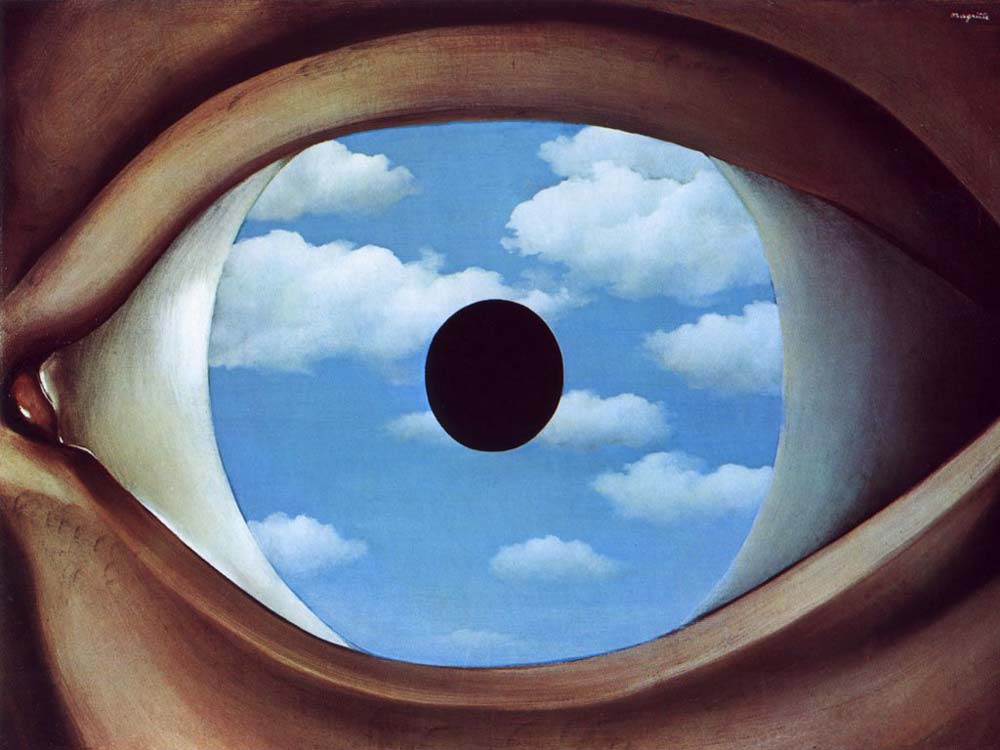
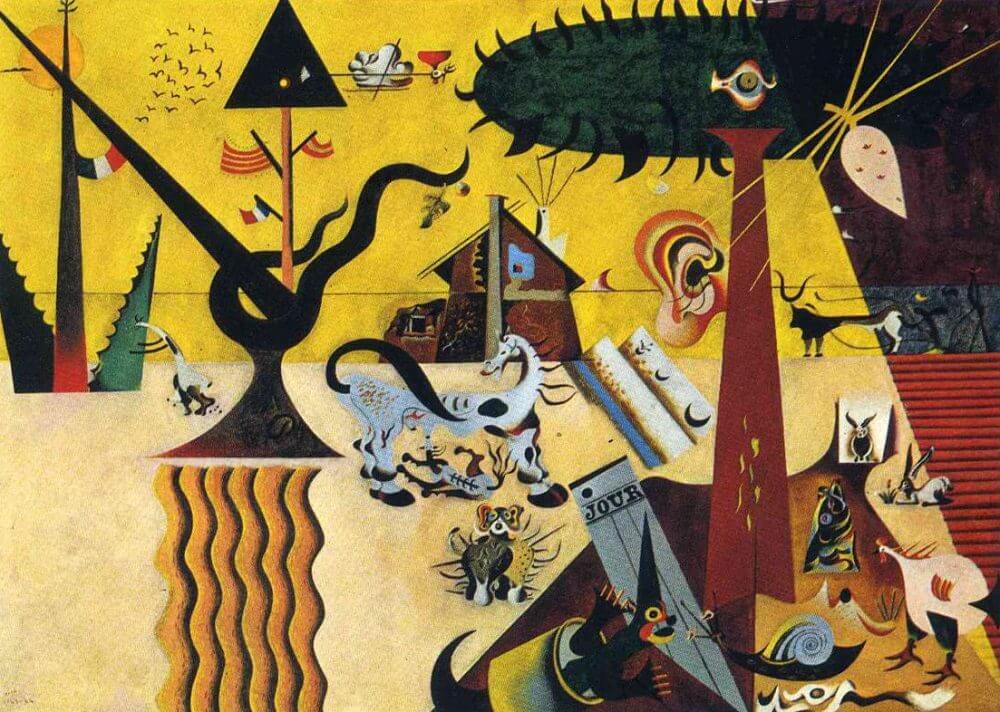
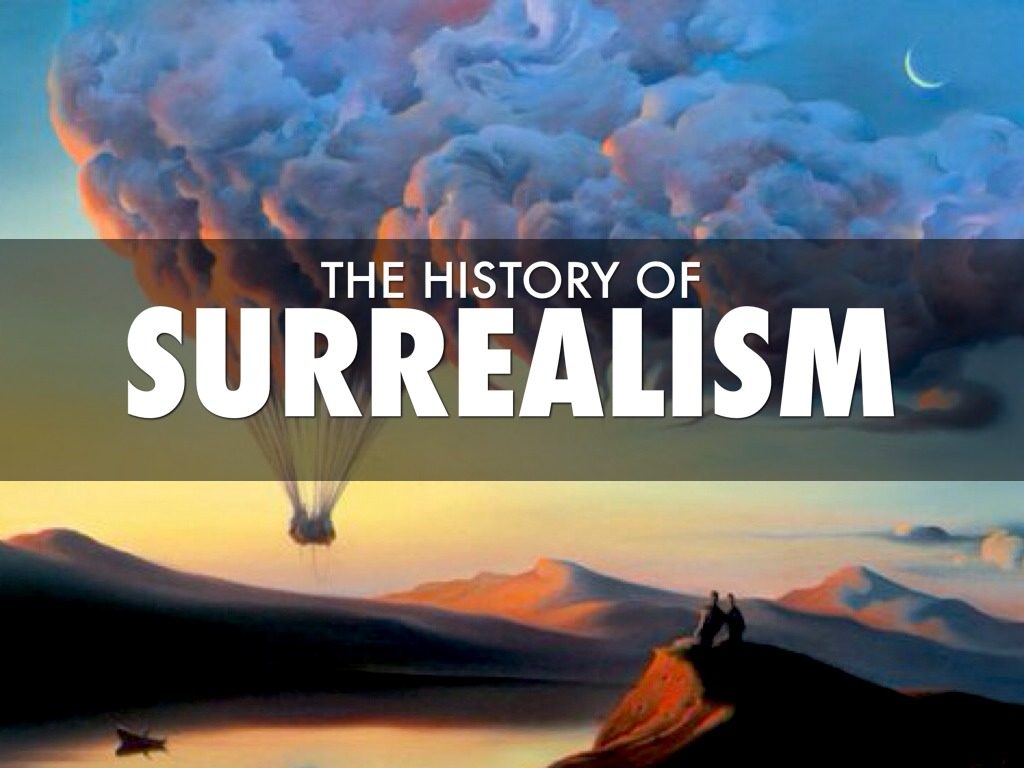
Surrealism is a twentieth-century literary, philosophical and artistic movement that explored the workings of the mind, championing the irrational, the poetic and the revolutionary. It was Andre Breton, leader of a new grouping of poets and artists in Paris, who, in his Surrealist Manifesto (1924), defined surrealism as:
Pure psychic automatism, by which one proposes to express, either verbally, in writing, or by any other manner, the real functioning of thought. Dictation of thought in the absence of all control exercised by reason, outside of all aesthetic and moral preoccupation.
Surrealism aimed to revolutionise human experience, rejecting a rational vision of life in favour of one that asserted the value of the unconscious and dreams. The movement's poets and artists found magic and strange beauty in the unexpected and the uncanny, the disregarded and the unconventional. Many surrealist artists used automatic drawing or writing to unlock ideas and images from their unconscious minds, and others sought to depict dream worlds or hidden psychological tensions.